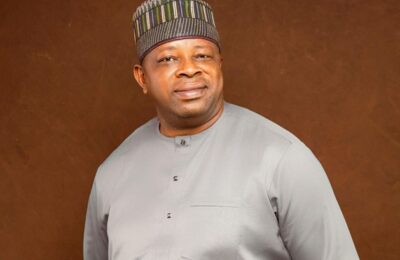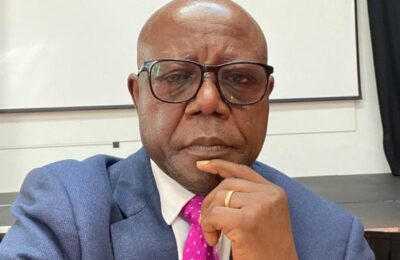In Kogi East, history does not whisper — it roars through the corridors of forgotten thrones and unburied promises. The land that once ruled the confluence now crawls beneath the carcass of its own silence. The burden Kogi East bears is not a curse; it is the invoice of destiny — a debt long overdue to truth and time. The world may never understand why the Igala must still carry their political cross, but fate understands: a people who once wore the crown cannot plead for exemption. As Winston Churchill thundered, “The price of greatness is responsibility.” For Kogi East, that responsibility has been both betrayed and inherited. Yet redemption begins not with lamentation but with endurance — the fierce art of bearing the unbearable and still walking straight.
Leadership has never been a sanctuary; it is a crucible of flame. The throne of Idah was not carved for pleasure but tempered for suffering. True leadership is not the luxury of office but the agony of holding a people’s wounds without flinching. Kogi East must bear its burden because no other hand will lift it. In the politics of the confluence, pity is extinct and power respects only persistence. This burden is not evidence of failure; it is proof of survival — a reminder that the East still breathes, though scorched.
Every generation inherits twin ghosts — pride and guilt. The Igala carry both in their veins. To bear the burden is to cleanse the name once radiant with honour. Political collapse should not breed pity; it should ignite reinvention. Nelson Mandela once said, “After climbing a great hill, one only finds there are many more hills to climb.” The East cannot abdicate its struggle; not yet. Pain must sharpen vision, not mutilate it. A tribe seasoned by betrayal and deprivation must learn to see with wounded eyes that still discern destiny. The Igala proverb warns, “the child who endures hunger learns wisdom faster.” What masquerades as punishment is often refinement; every hardship borne today is the chisel carving tomorrow’s conqueror.
But silence is treason against the unborn. When the sons of the land stop speaking, strangers script their story. The burden Kogi East carries is also a summons to voice — to redefine its own narrative with precision, not noise. To remain mute before deceit or mediocrity is to endorse it. In the marketplace of power, only those who roar are remembered; the quiet are erased by echoes. The East must reclaim its speech — sober, surgical, unyielding.
Yet no burden is heavier than division. The tragedy of Kogi East is not defeat but disunity — a wound deeper than politics, festering in ego and envy. The task now is to resurrect brotherhood from the rubble of betrayal. As Frantz Fanon wrote, “Each generation must discover its mission, fulfill it or betray it.” The mission of this generation is not to mourn lost crowns but to forge a collective will. Igala, Bassa, Dekina, Ankpa — a broom only sweeps when its sticks bind together. Until that lesson becomes blood-deep, the burden will remain fragmented, dragging the people backward.
The nation still watches. Nigeria’s political theatre teems with actors, but few possess the ancestral gravity of Kogi East. The world expects resurrection because it remembers rule. To bear this burden is to restore moral altitude, not merely political arithmetic. Leadership is not to be adored but to be obeyed by history. The East must prove that its silence was strategy, not surrender; its patience, not weakness, but calibrated wisdom. In every cycle of governance, it must think like a lion among merchants — quiet, calculating, and deadly in precision.
Destiny is a debt that mocks procrastination. The Igala kingdom once symbolized equilibrium at the confluence; to abandon that heritage is to default on eternity’s covenant. Bearing the burden now means standing when others collapse, dreaming when others despair, and believing when others bargain their souls for crumbs. Ngũgĩ wa Thiong’o warned that “A people without memory are in danger of losing their soul.” Kogi East must remember — not merely what it lost, but what it still owes to the future. Its burden is sacred; its struggle, divine.
Every people have their Calvary; Kogi East is climbing its own. But from burden comes rebirth. The land that once ruled with justice will rule again — not through nostalgia or noise, but through discipline, unity, and vision forged in pain. The price of leadership is merciless, yet never eternal. And when Kogi East finally rises from the dust, the world will not ask how long it suffered — but how ferociously it endured.
– Inah Boniface Ocholi writes from Ayah – Igalamela/Odolu LGA, Kogi state.
08152094428 (SMS Only)




